Sugar Substitutes for Diabetics: Your Complete Guide
Living with diabetes doesn’t mean you have to give up sweetness entirely. Sugar substitutes for diabetics offer a way to enjoy sweet flavors while managing blood glucose levels effectively. This comprehensive guide explores everything you need to know about these alternatives, from their types and benefits to where you can find them.
What Are Sugar Substitutes for Diabetics?
Sugar substitutes, also known as artificial sweeteners, non-caloric sweeteners, or alternative sweeteners, are ingredients designed to provide sweetness without the blood sugar spike associated with regular table sugar. These products deliver the sweet taste people crave while having little to no impact on blood glucose levels, making them particularly valuable for individuals managing diabetes.
According to the American Diabetes Association, sugar substitutes are sweeteners used instead of table sugar that can help people with diabetes maintain better glycemic control while still enjoying their favorite foods and beverages.
What Are Sugar Substitutes Used For?
Sugar substitutes for diabetics serve multiple important purposes beyond simply sweetening foods and drinks:
Blood Sugar Management: The primary benefit is helping maintain stable blood glucose levels throughout the day. Unlike regular sugar, most sugar substitutes don’t cause significant spikes in blood sugar.
Weight Control: Many sugar substitutes contain zero or very few calories, which can support weight management efforts—an important aspect of diabetes care.
Dental Health: Sugar substitutes don’t feed the bacteria in your mouth that cause tooth decay, making them a tooth-friendly choice.
Cooking and Baking: Modern sugar substitutes can be used in recipes, allowing people with diabetes to prepare homemade treats and meals without compromising blood sugar control.
Beverage Sweetening: From your morning coffee to afternoon tea, sugar substitutes provide sweetness without the carbohydrate count.
Types of Sugar Substitutes for Diabetics
Sugar substitutes for diabetics fall into several main categories, each with unique characteristics:
1. Artificial Sweeteners
These are synthetic sugar substitutes that are typically hundreds of times sweeter than regular sugar, so only small amounts are needed.
Aspartame: Found in products like Equal® and NutraSweet®, aspartame is approximately 200 times sweeter than sugar. The FDA has confirmed its safety when used under approved conditions. However, people with phenylketonuria (PKU) should avoid aspartame.
Sucralose: Marketed as Splenda®, sucralose is 600 times sweeter than sugar and remains stable at high temperatures, making it excellent for cooking and baking. According to Everyday Health, it’s the most popular sugar substitute in the United States.
Saccharin: The oldest artificial sweetener, sold as Sweet’N Low®, saccharin is 200-700 times sweeter than sugar. Despite past controversies, Johns Hopkins Medicine confirms it has been deemed safe by the FDA.
Acesulfame Potassium (Ace-K): Often blended with other sweeteners, Ace-K is 200 times sweeter than sugar and heat-stable for cooking.
Neotame: An ultra-potent sweetener that’s 7,000-13,000 times sweeter than sugar, requiring only minute amounts.
Advantame: The newest FDA-approved artificial sweetener, approximately 20,000 times sweeter than sugar.
2. Natural Sweeteners
These plant-derived options are increasingly popular among health-conscious consumers.
Stevia: Extracted from the leaves of the Stevia rebaudiana plant, stevia-based sweeteners like Truvia®, PureVia®, and Stevia In The Raw® contain zero calories and have no effect on blood glucose levels. Medical News Today notes that stevia may even have antidiabetic properties.
Monk Fruit Extract: Also called luo han guo, this sweetener comes from monk fruit and is 150-200 times sweeter than sugar. Brands include Monk Fruit In The Raw®. Research shows it has little to no effect on blood sugar levels.
Allulose: A rare sugar that occurs naturally in small quantities in certain fruits. According to GoodRx, allulose has a low glycemic index and minimal impact on blood glucose.
3. Sugar Alcohols
Sugar alcohols (polyols) are carbohydrates that are neither sugars nor alcohols. They’re partially absorbed by the body and have fewer calories than regular sugar.
Erythritol: Contains virtually zero calories and, according to research published in the PMC database, has no impact on blood glucose or insulin levels. It’s also well-tolerated digestively compared to other sugar alcohols.
Xylitol: Contains about 2.4 calories per gram (compared to sugar’s 4 calories) and has dental health benefits, as it helps prevent tooth decay.
Sorbitol: About 60% as sweet as sugar with fewer calories, though it can cause digestive issues in larger amounts.
Maltitol: Commonly used in sugar-free candies and baked goods, maltitol is about 75% as sweet as sugar.
Isomalt: Often found in hard candies and lozenges, isomalt has half the calories of sugar.
Popular Brands of Sugar Substitutes
The market offers numerous trusted brands of sugar substitutes for diabetics:
Artificial Sweetener Brands
- Splenda® (sucralose) – The most popular choice, according to Statista
- Equal® (aspartame) – A long-standing brand with over 22 million users
- Sweet’N Low® (saccharin) – The pink packet classic
- Nutrasweet® (aspartame) – Common in processed foods and beverages
Natural Sweetener Brands
- Truvia® – Stevia-based sweetener
- PureVia® – Another stevia option
- Stevia In The Raw® – Minimally processed stevia
- Monk Fruit In The Raw® – Pure monk fruit extract – BUY NOW!
- Lakanto® – Monk fruit and erythritol blend
Combination Brands
- GOOD GOOD Sweet Like Sugar® – Combines stevia and erythritol
- MonkSweet Plus® – Blends monk fruit, stevia, and erythritol
- Swerve® – Erythritol-based blend
Where to Get Sugar Substitutes for Diabetics
Sugar substitutes for diabetics are widely available through multiple channels:
Retail Stores
- Grocery Stores: Most supermarkets stock sugar substitutes in the baking aisle or sugar section
- Pharmacies: Walgreens and CVS carry extensive selections
- Big-Box Retailers: Walmart, Target, Costco, and Sam’s Club offer bulk options at competitive prices
Online Retailers
- Amazon: Extensive selection with customer reviews
- HealthWarehouse.com – Specializes in diabetic supplies
- Brand Websites: Many brands like Splenda and Truvia sell directly to consumers
Specialty Health Stores
Health food stores often carry organic and natural sugar substitute options.
Pros and Cons of Sugar Substitutes for Diabetics
Advantages
Blood Sugar Control: The most significant benefit is minimal to no impact on blood glucose levels. Mayo Clinic confirms that most artificial sweeteners don’t affect blood sugar, making them safe for diabetics.
Calorie Reduction: Most sugar substitutes contain zero or very few calories, supporting weight management efforts.
Dental Benefits: Unlike sugar, these alternatives don’t contribute to tooth decay and cavities.
Versatility: Many sugar substitutes work well in cooking, baking, and beverages, allowing for dietary flexibility.
FDA Approval: According to the FDA, all approved sweeteners have undergone rigorous safety testing.
Portion Control: Because they’re much sweeter than sugar, only small amounts are needed.
Disadvantages
Digestive Issues: Sugar alcohols, in particular, can cause bloating, gas, and diarrhea when consumed in excess. Harvard Health notes these gastrointestinal effects are the main downside.
Aftertaste: Some people detect a bitter or metallic aftertaste, particularly with stevia and saccharin.
Individual Reactions: While rare, some individuals may experience headaches or other reactions to specific sweeteners.
Potential Overconsumption: The sweet taste without calories might lead some people to overeat other foods, potentially affecting weight management.
Limited Research on Long-term Effects: While approved as safe, some newer sweeteners have limited long-term studies.
Not Suitable for Everyone: People with phenylketonuria (PKU) must avoid aspartame. Recent research cited by Cleveland Clinic suggests potential cardiovascular concerns with certain sugar alcohols, though more research is needed.
Digestive Tolerance Varies: According to the American Diabetes Association, sugar alcohols can cause stomach issues when eaten in large amounts, and tolerance varies by individual.
Choosing the Right Sugar Substitute
When selecting sugar substitutes for diabetics, consider these factors:
Taste Preference: Everyone’s palate is different. Try several options to find what tastes best to you.
Intended Use: Some sweeteners work better for baking, while others are ideal for beverages.
Digestive Sensitivity: If you experience stomach issues, avoid sugar alcohols or limit consumption.
Natural vs. Artificial: Choose based on your personal philosophy and any dietary restrictions.
Blood Sugar Response: Monitor your individual response, as GoodRx experts recommend tracking how different sweeteners affect your glucose levels.
Medical Conditions: Consult your healthcare provider, especially if you have other health conditions or take medications.
Tips for Using Sugar Substitutes
Start Gradually: Introduce sugar substitutes slowly to allow your taste buds and digestive system to adjust.
Read Labels Carefully: Check for hidden carbohydrates and fillers that might affect blood sugar.
Measure Properly: Different sweeteners have different sweetness intensities; follow package directions for conversions.
Monitor Your Response: Keep track of how different substitutes affect your blood glucose levels and overall well-being.
Combine Wisely: Some brands blend different sweeteners to achieve better taste and functionality.
Don’t Overdo It: Moderation is key—even calorie-free sweeteners should be used judiciously as part of a balanced diet.
The Bottom Line
Sugar substitutes for diabetics provide a valuable tool for managing blood glucose levels while still enjoying sweet flavors. With numerous options available—from artificial sweeteners like Splenda and Equal to natural alternatives like stevia and monk fruit—there’s a suitable choice for nearly everyone.
The key is finding what works best for your individual needs, taste preferences, and health goals. Whether you prefer the zero-calorie profile of artificial sweeteners, the natural origin of stevia and monk fruit, or the bulk and texture of sugar alcohols, today’s market offers unprecedented variety.
Remember to consult with your healthcare provider or registered dietitian before making significant changes to your dietary approach. They can help you select the most appropriate sugar substitutes for diabetics based on your specific health profile and diabetes management plan.
By making informed choices about sugar substitutes, people with diabetes can successfully manage their condition while maintaining a satisfying and enjoyable diet. The freedom to sweeten foods and beverages without compromising blood sugar control represents a significant advancement in diabetes care and quality of life.

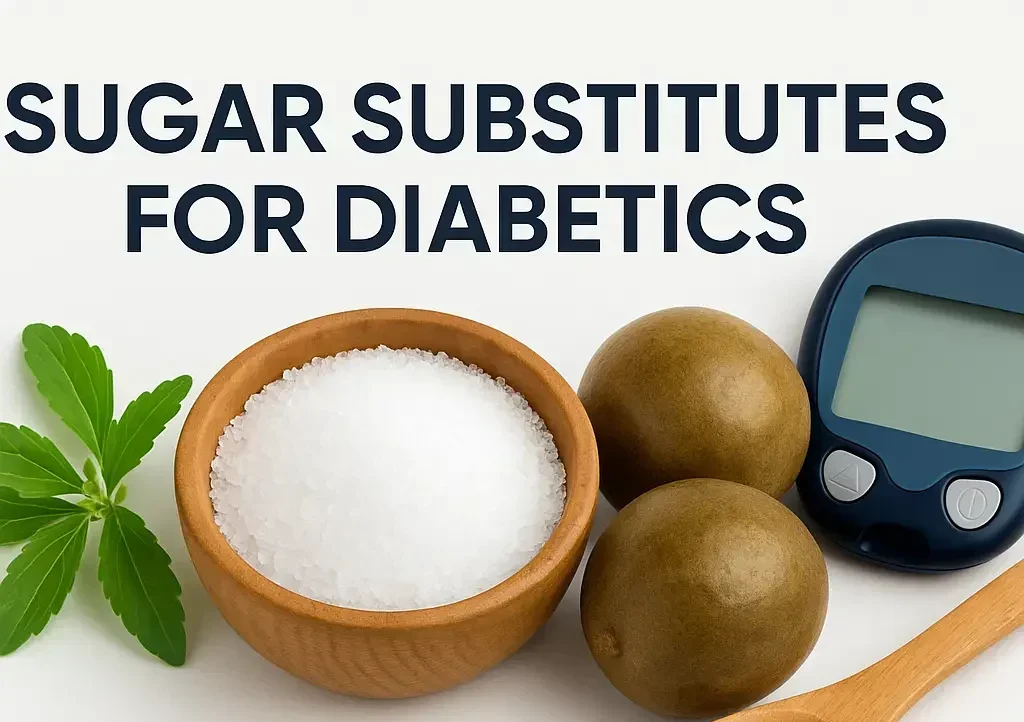
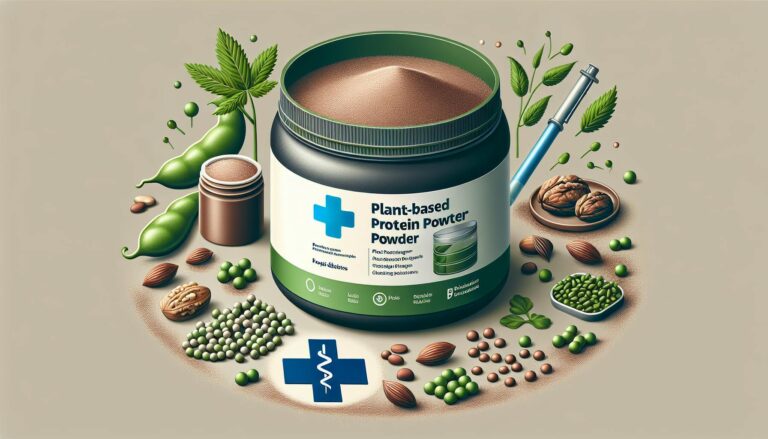
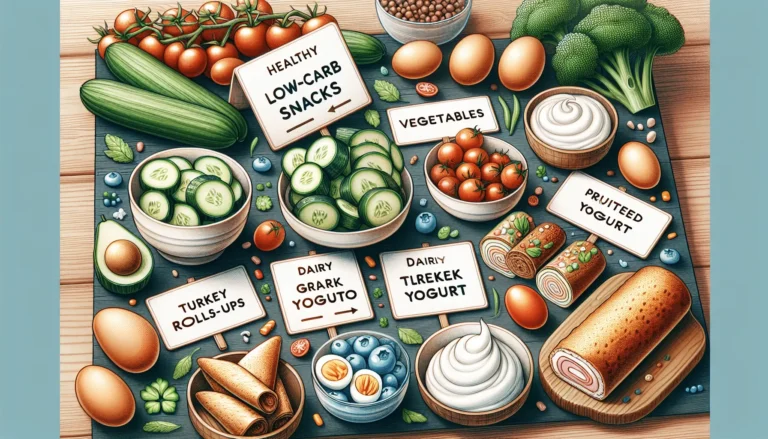


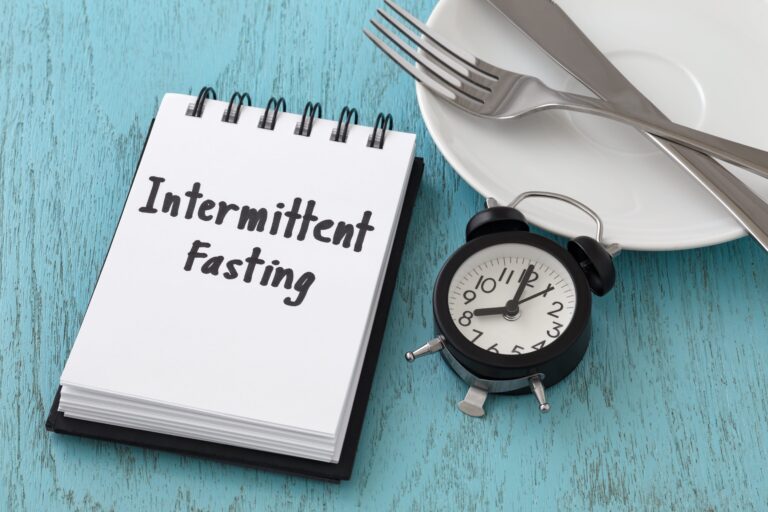
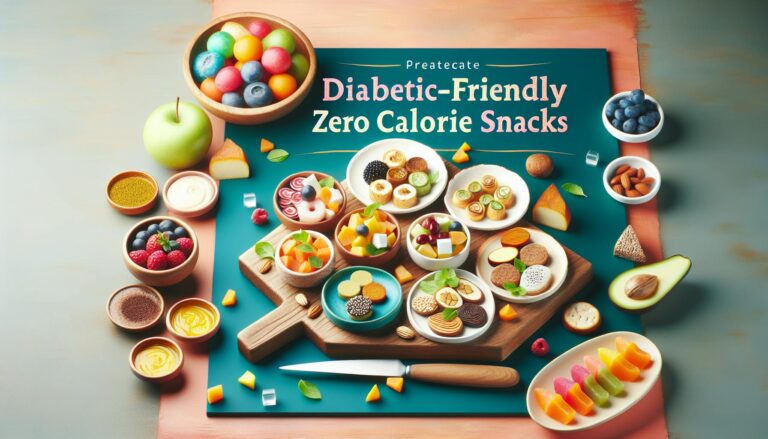
Leave a Reply